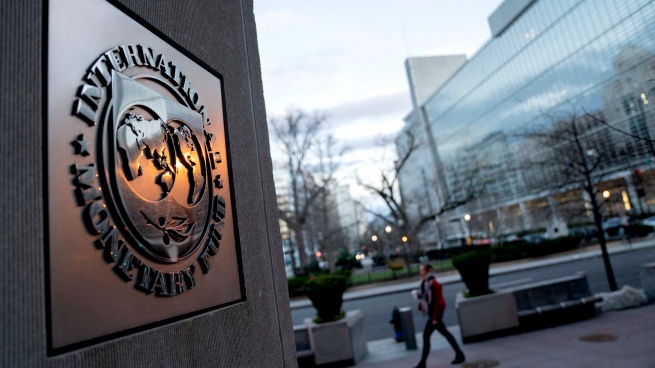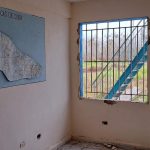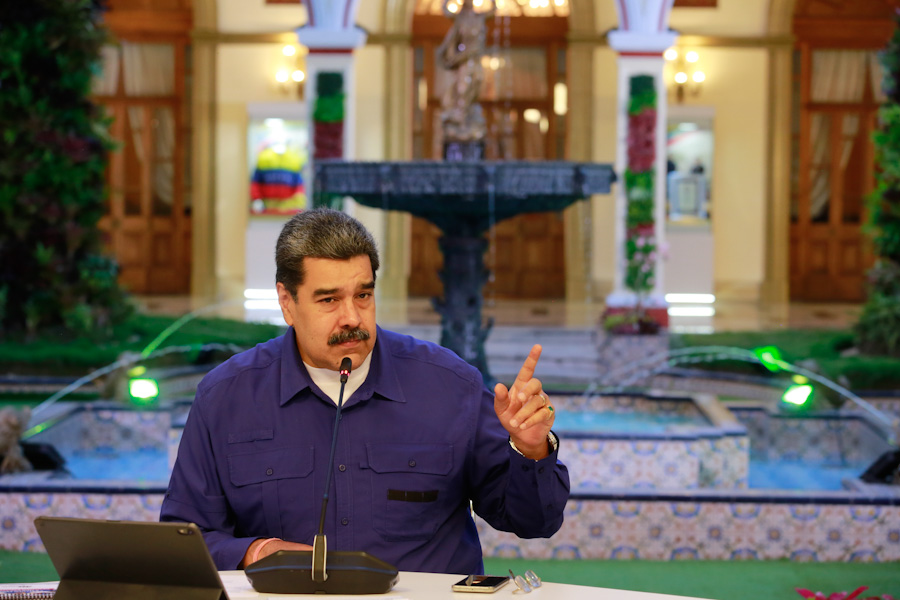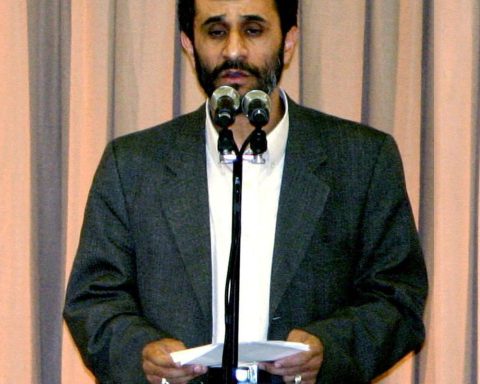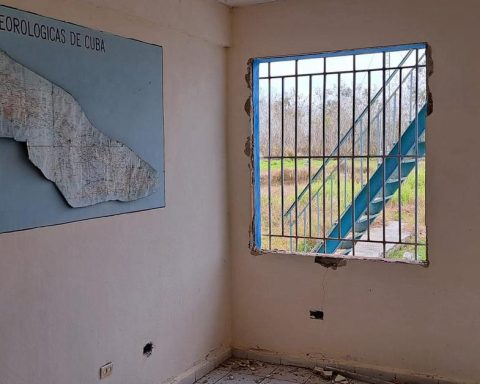Argentina and the IMF entered the final stage of the meetings for the realization of the first review of the program with the multilateral organization signed last March to refinance the debt of 45,000 million dollars taken during the Government of Mauricio Macri.
Both parties anticipated the possibility that changes would be made on certain points, although not on the fundamental goals of the agreement.
On Thursday, the president Alberto Fernandez -during a contact he had with the press in Paris, within the framework of the European tour that also included Spain and Germany- anticipated that the agreement reached at the end of March with the multilateral organization will contain changes due to the war unleashed between Russia and Ukraine, which is impacting the global economy.
Fernandez said that if the International Monetary Fund made the decision to review the agreements signed with different countries, depending on the consequences of the war, this will also “be applicable” for Argentina.
“The IMF has already said that the agreements must be reviewed because the economy was significantly altered” by the war in Ukraine and “if it is a decision, an idea of the Fund, it will also be applicable to us,” said the President.
“We have to see exactly how the repercussions of the effects of the war are in Argentina. The first indication, very negative, is the inflation index,” Fernández asserted in relation to the macroeconomic indicator that, although it does not constitute a primary goal in the agreement with the IMF, may condition its implementation.
“We have to see exactly what the repercussion of the effects of the war is in Argentina. The first indication, very negative, is the rate of inflation”
In this way, the head of state did not rule out the possibility of revising some points of the agreement.
When asked about this issue, he maintained that “when the time comes, I understand that the Fund will promote it as it has said publicly,” and stressed that the Ministry of Economy has “permanent dialogue” with the multilateral organization.
In this sense, there is, on the other hand, a new IMF Resilience and Sustainability Fund, in force since May 1, from which Argentina could benefit by improving credit conditions in terms, although the scope is limited for the country. , since the amount it could dispose of is barely 1.3 billion dollars.
Last week, when the Indec reported that April inflation was 6%, officials from the Ministry of Economy and the Central Bank continued with the virtual meetings they have been holding with IMF staff, headed by julie kozackdeputy director of the Western Hemisphere department, and Luis Cubedduhead of the mission for Argentina, for the completion of the first review of the agreement.
The agency’s endorsement of the review will allow triggering a disbursement of 4,100 million dollars, necessary to pay the maturities of next June.
virtual meetings
These meetings will continue during the coming weeks, and the final recommendation of the agency’s staff to the Board with the ok to release the disbursement could even take place in the first days of June.
Meetings for the first review began in mid-April, during the joint IMF-World Bank Spring Summit in Washington.
From both sides they explained that the meetings are taking place from “virtuality” and that the pandemic changed the logic of the traditional reviews, which had a beginning and an end, with a face-to-face visit.
Analysts do not see any major complications in approving the first review – the required deficit, reserves, and financing goals from the BCRA to the Treasury would be met -, although they warn that as the year progresses, the achievement of the goals could become more complicated in based on the goals established in the program signed in March.
There are economists who observe that, given the international context and energy costs, it could be very difficult to meet the fiscal deficit goal (2.5%) established in the agreement, among other issues.
